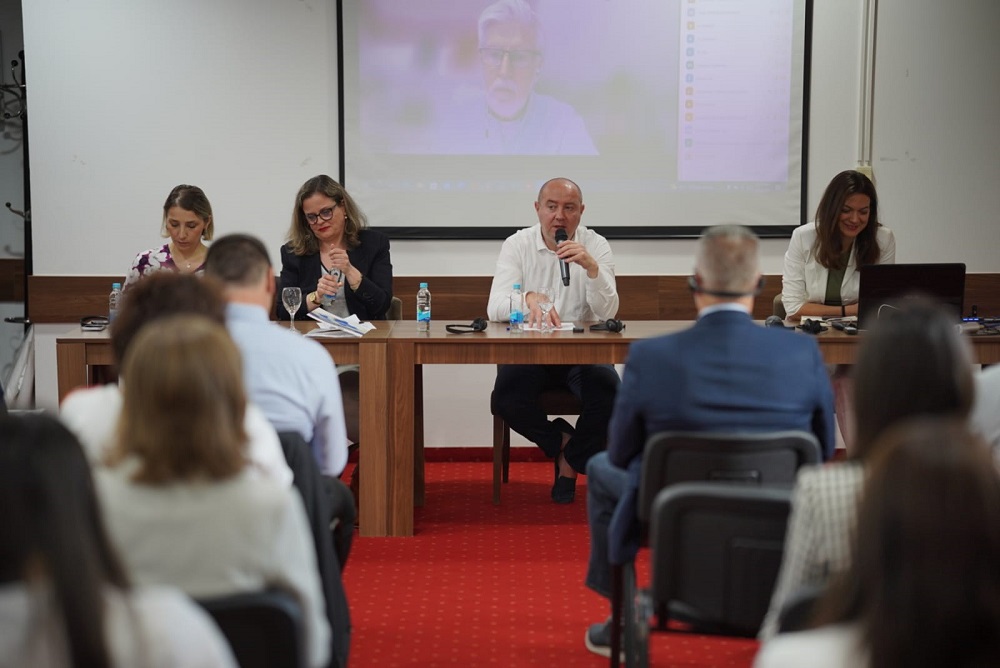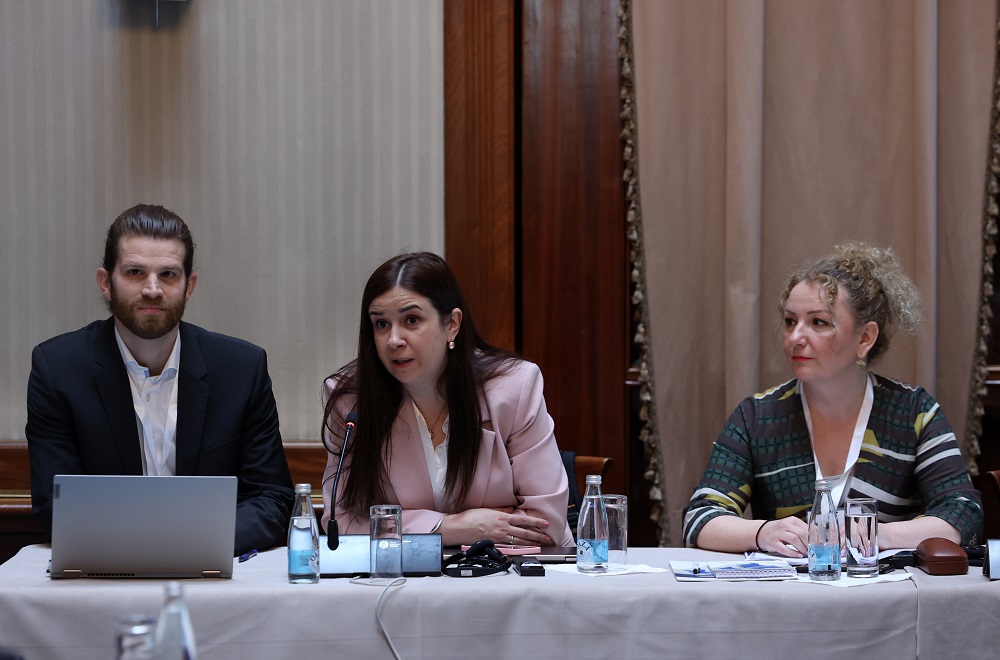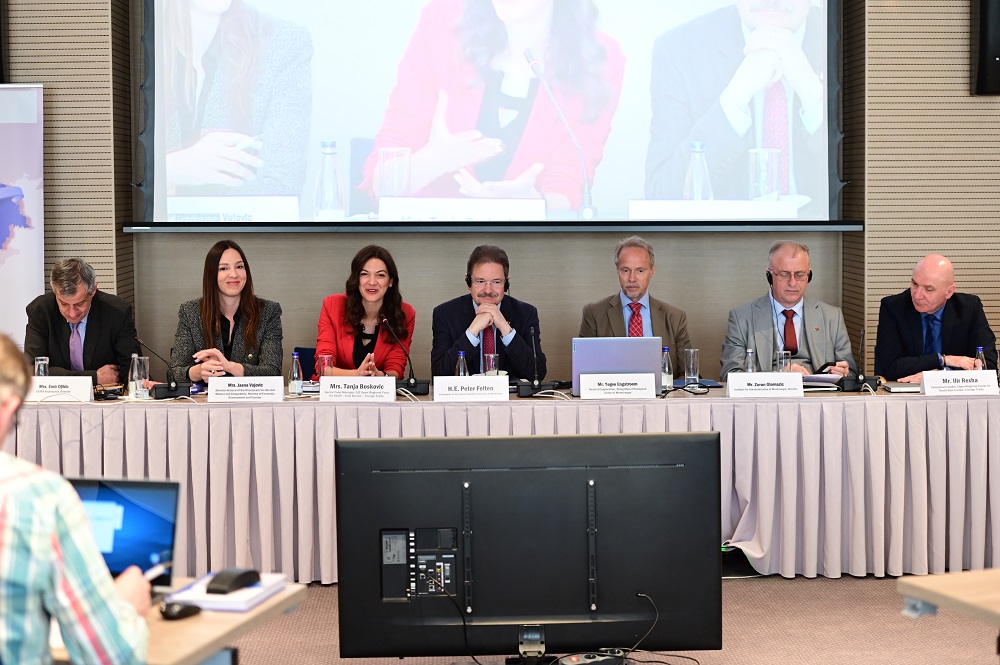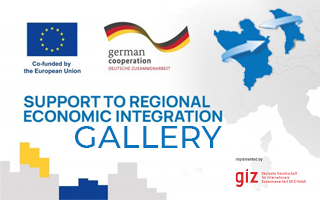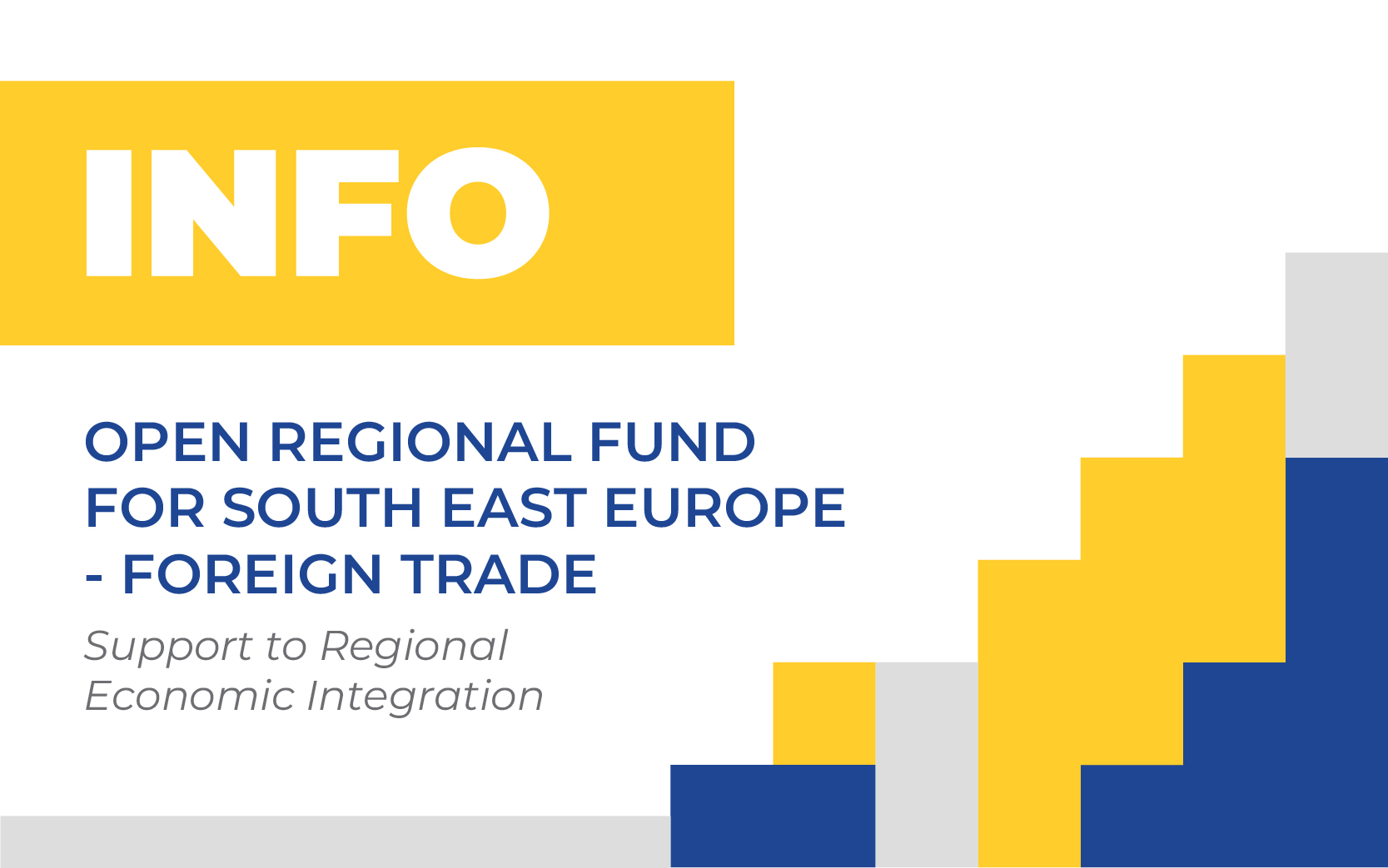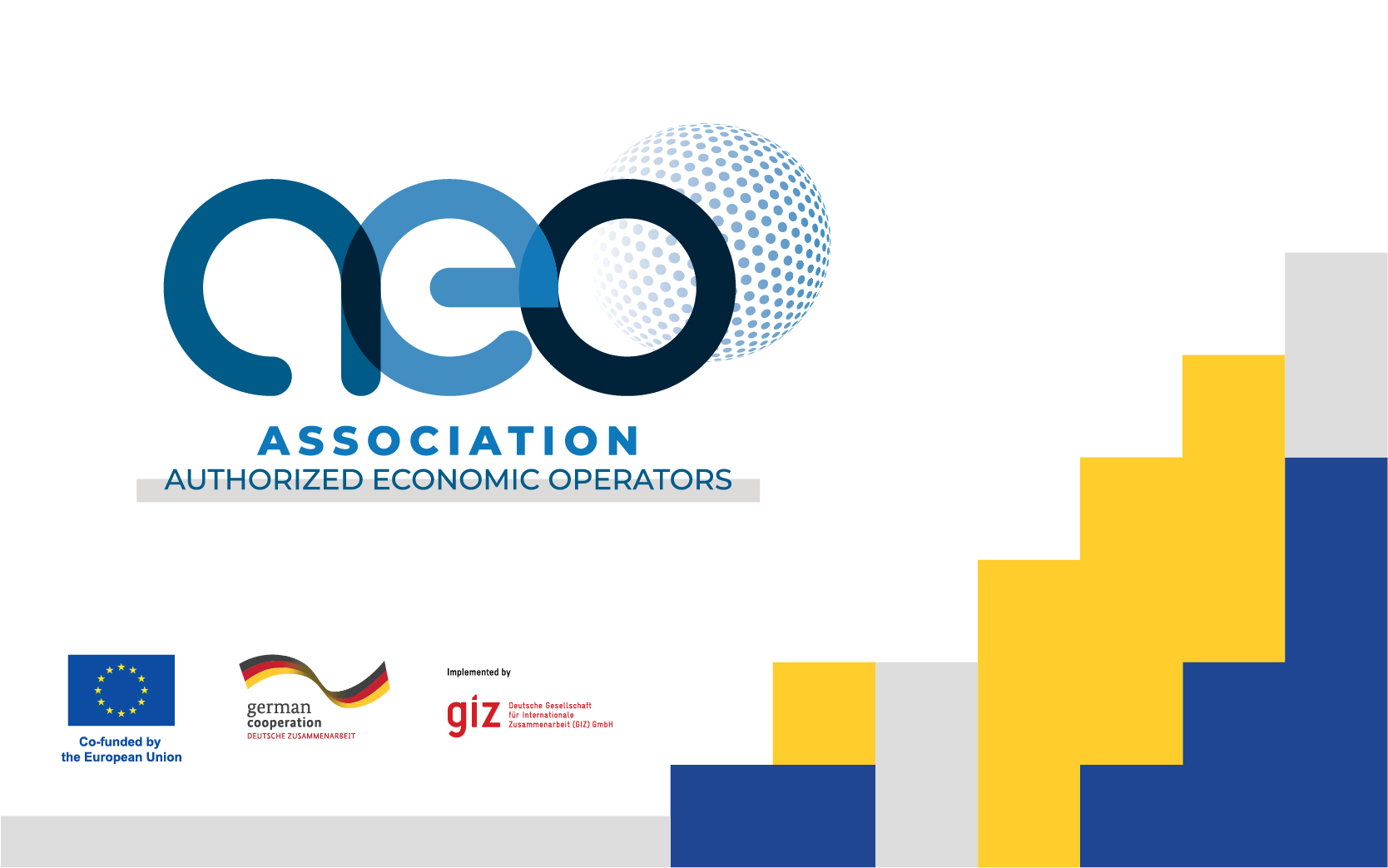
General Overview
An important requirement in the process of EU accession of the partner economies of the Open Regional Fund for South-East Europe – Foreign Trade (ORF FT) is the implementation of CEFTA.
Besides its efforts to eliminate tariff and non-tariff barriers to trade among its Parties, the agreement is constantly expanded, the latest additions being the Additional Protocol 5 and Additional Protocol 6 (AP5 and 6). In addition, the Western Balkan economies agreed on the Common Regional Market Action Plan (CRM) in 2020, which includes concrete measures for advancing economic cooperation based on the four freedoms: goods, services, capital, and people.
The project “Support to Regional Economic Integration” is a direct contribution to the implementation of the reform agenda for trade and competitiveness in CEFTA in line with the requirements of the EU approximation process. It is committed to creating a transparent and safe regional environment for businesses by facilitating trade and improving trade in services. It also specifically targets the quality infrastructure systems by aligning them with the EU acquis in selected sectors and strengthens regional cooperation on inter – party e-commerce.
Why is this important?
There is high potential for increased trade and competitiveness in the region, but the legal and economic framework still lags behind the commitments of regional agreements, leading to slow harmonization of trade-related laws and regulations with EU standards and the persistence of legal and administrative barriers for companies.
The project aims to provide support to the CEFTA structures in their efforts to further deepen regional economic integration and alignment with the EU acquis. In a transparent and fair business environment, it is easier for companies to trade and flourish.
Focal areas of the project
From June 2020, the project Support to Regional Economic Integration has supported the facilitation of trade along with reforms to trade in services. In March 2022, the second part of the project was launched: ‘EU4 Business: Support to Regional Economic Integration’. This new element of the project supports the establishment of reliable quality infrastructure institutions and the encouragement of effective e-commerce across the CEFTA economies.
Within the first component, the project supports the CEFTA structures in implementing recognition arrangements for Authorized Economic Operators Programmes and other trade-related documents, thereby significantly easing trade procedures for companies. In addition, the project contributes to establishing an integrated risk management system between customs and other agencies at the crossing points, which will allow these agencies to lower their inspection rates while simultaneously ensuring the necessary security controls within CEFTA.
Private sector involvement constitutes an important element of the project. Businesses monitor the implementation of agreed reforms and are directly involved in shaping new procedures with direct suggestions and inputs. By reporting on their experience in conducting trade in the region, they give direction to the reform efforts for simplified trade procedures.
Implementation of the supported trade facilitation reforms will ultimately lead to significant time and cost savings for companies, thereby enhancing intra-regional trade and contributing to a more reliable and competitive regional economic area.
Within the first component, the project supports the CEFTA structures in implementing recognition arrangements for Authorized Economic Operators Programmes and other trade-related documents, thereby significantly easing trade procedures for companies. In addition, the project contributes to establishing an integrated risk management system between customs and other agencies at the crossing points, which will allow these agencies to lower their inspection rates while simultaneously ensuring the necessary security controls within CEFTA.
Private sector involvement constitutes an important element of the project. Businesses monitor the implementation of agreed reforms and are directly involved in shaping new procedures with direct suggestions and inputs. By reporting on their experience in conducting trade in the region, they give direction to the reform efforts for simplified trade procedures.
Implementation of the supported trade facilitation reforms will ultimately lead to significant time and cost savings for companies, thereby enhancing intra-regional trade and contributing to a more reliable and competitive regional economic area.
One of the core aspects of the EU’s principle that the free movement of goods is a fundamental right is based on the presence of a functional and reliable quality infrastructure (QI) system. An efficient QI system, inter alia, enables market surveillance to be carried out. In turn, this protects both consumers from unsafe products and businesses from disproportionate costs and unfair competition.
The project will support the CEFTA economies to enhance the capacity of such institutions to offer a wide range of QI services. Special attention will be paid to ensuring alignment to the EU acquis. We aim to create a well-aligned QI system that will simultaneously stimulate the free movement of industrial goods, whilst also ensuring fair competition and consumer protection.
Within the CEFTA economies, e-commerce is one of the fastest-growing areas in trade and all of the respective governments have recognised its great economic potential. It is important that all of the CEFTA economies adopt EU standards and that they harmonise their procedures to meet the required standards. Such action will ensure the rapid release and clearance of goods. It will also ensure the improvement of many areas including inter-party delivery services, the management of risks, and the collection of revenues.
The reforms that have been planned as part of this project will enable retailers to benefit from online business as they will be able to reduce the cost of transactions and will also gain access to new markets. Additionally, these changes will allow consumers to benefit from greater choices and lower prices. Besides supporting CEFTA to successfully align key regulations and procedures with the requirements of the EU acquis, we will also encourage companies to become more actively engaged in regional e-commerce activities. This will serve to better represent their interests in public-private cooperation mechanisms and will also help them to develop innovative solutions for solving existing e-commerce challenges.
Benefits
The project aims to assist CEFTA economies to place their goods and services in the regional market. Thereby, they will gain access to almost 20 million people within the region and eventually to some 500 million people within the EU market.
Practical implementation of the AP5 and AP6 to CEFTA and the Common Regional Market Action Plan will not only make procedures at the crossing points simpler and faster, but will also contribute to the promotion of trust and transparency between the CEFTA Parties and enhance the partnership between customs and the business community. The active involvement of the private sector in an effective public-private dialogue improves good governance and policy decision-making as a balance between the public and private sector’s interests.
By supporting governmental agencies in streamlining procedures necessary for trading goods and services in the region, the ORF FT project contributes to creating a more favorable business environment. AEOs enjoy preferential treatment at customs, which gives them concrete benefits in terms of reduced bureaucracy and saving time. Through this project, we are currently assisting e-commerce organisations and other relevant authorities to design regional framework conditions that will help them to benefit from a transparent and level playing field for trading goods and services online. Another of our main goals is to build the capacity of institutions that will protect citizens from unsafe products. Through the work of the ORF FT, enterprises and founders benefit from a harmonized legal framework in CEFTA, which, consequently might redirect resources to further business development and contribute to the economic growth and job creation in the Western Balkan economies.
Companies within the CEFTA market currently demand that trade procedures should be further improved, that there should be fewer administrative barriers and that there should be more opportunities. Our joint regional initiatives aim to:
- Support institutions to function in a reliable and efficient manner and in alignment with the EU acquis
- Implement mutual recognition programmes to reduce the cost of trading
- Develop and implement a regional approach regarding the joint risk assessment of goods at customs
- Enhance integrated risk management procedures between different governmental agencies
- Foster the modernisation of trade procedures through an informed private sector and an effective public sector
- Engage the private sector in designing and creating common regional positions
- Implement regional agreements on trade in services
- Strengthen the capacity of quality infrastructure institutions and to align their legal base and daily work with the EU acquis
- Provide companies with relevant information about the electronic trade.
- Harmonise the regional legal framework along the lines of the EU e-commerce Directive and other relevant legal documents
- Facilitate parcel delivery
The project “Support to Regional Economic Integration” is co-financed by the European Union (EU) and the German Federal Ministry for Economic Cooperation and Development (BMZ) and implemented by GIZ, Open Regional Fund for South-East Europe – Foreign Trade.



